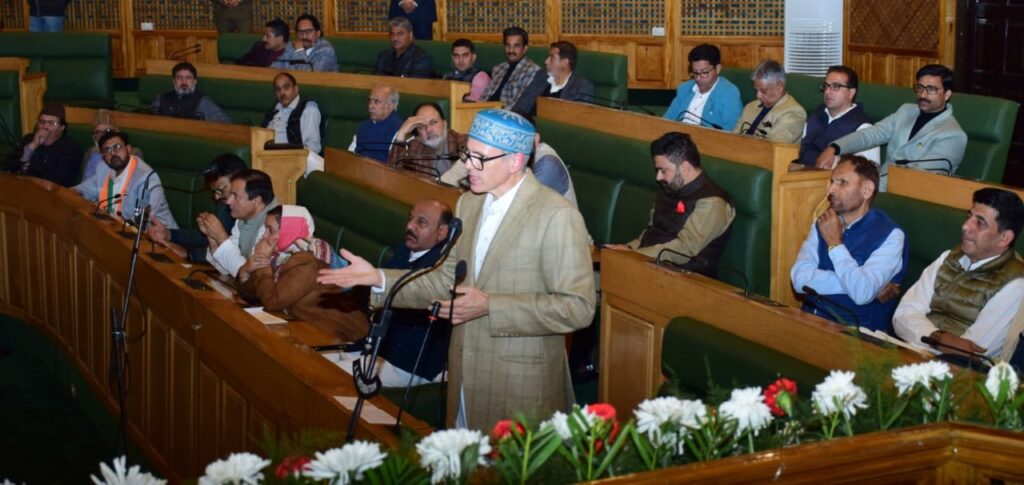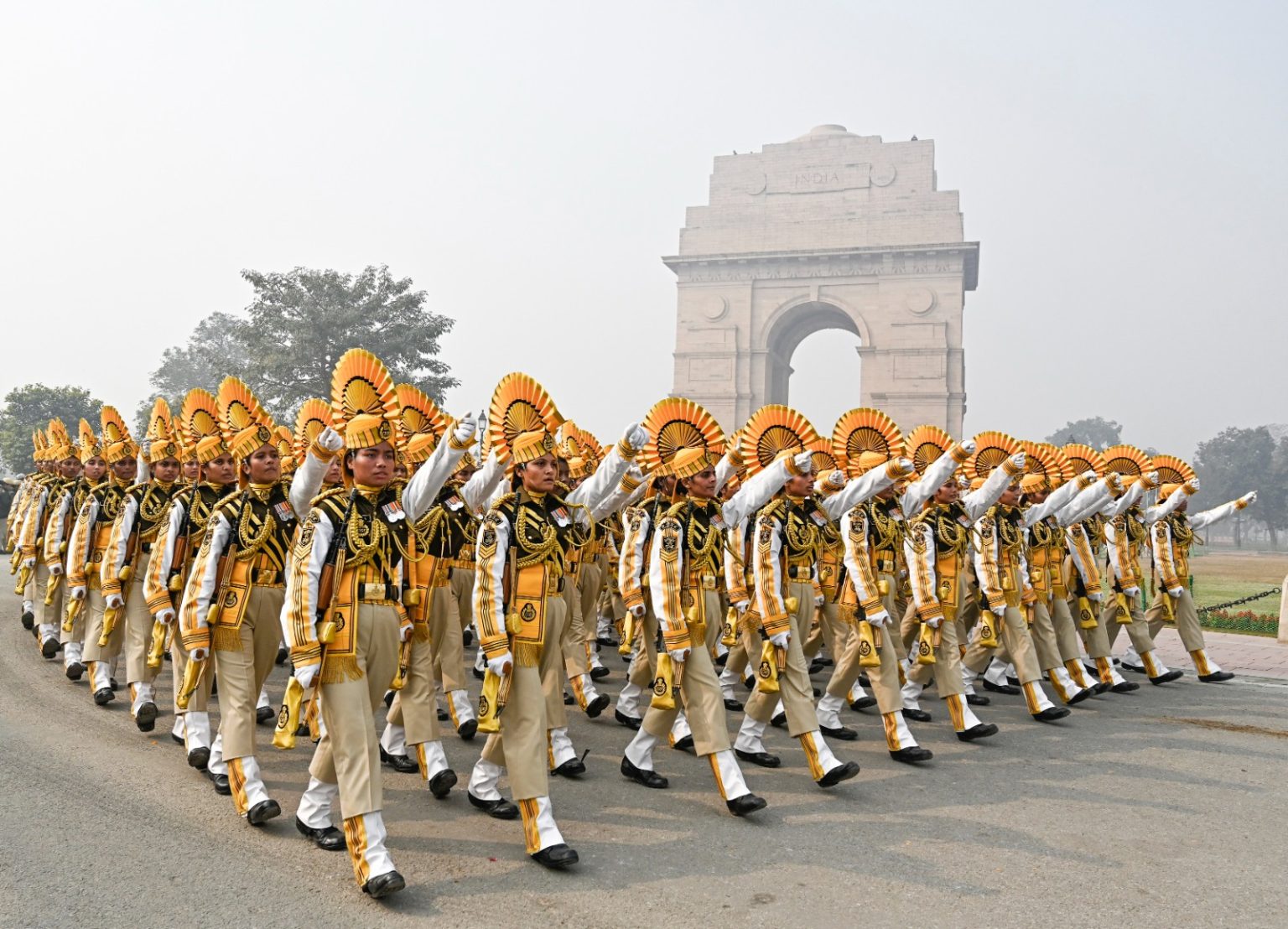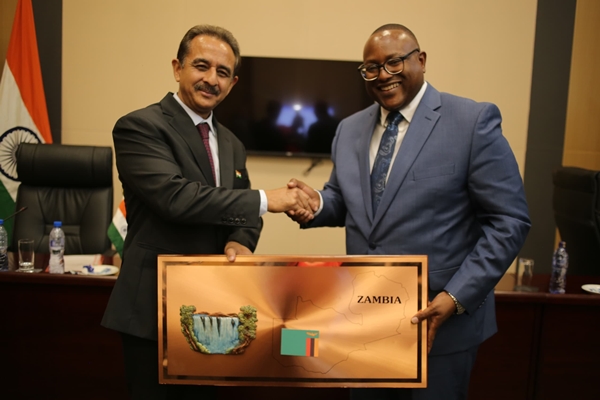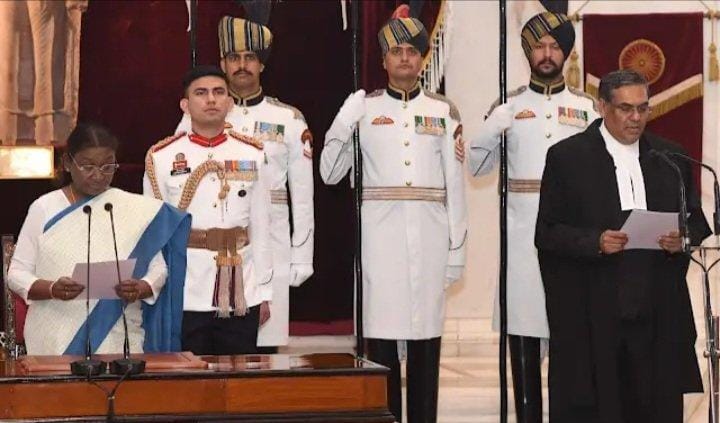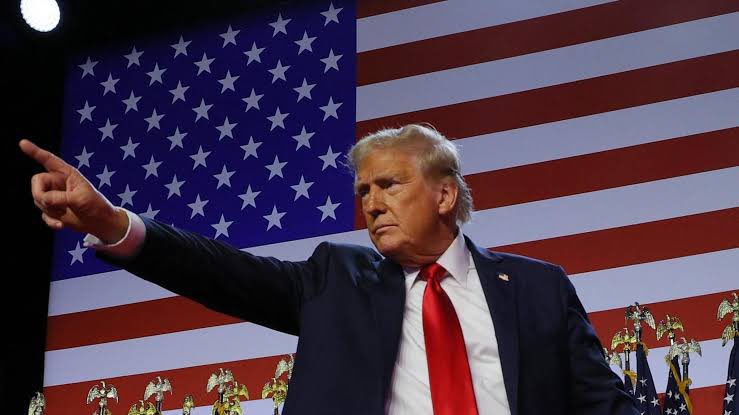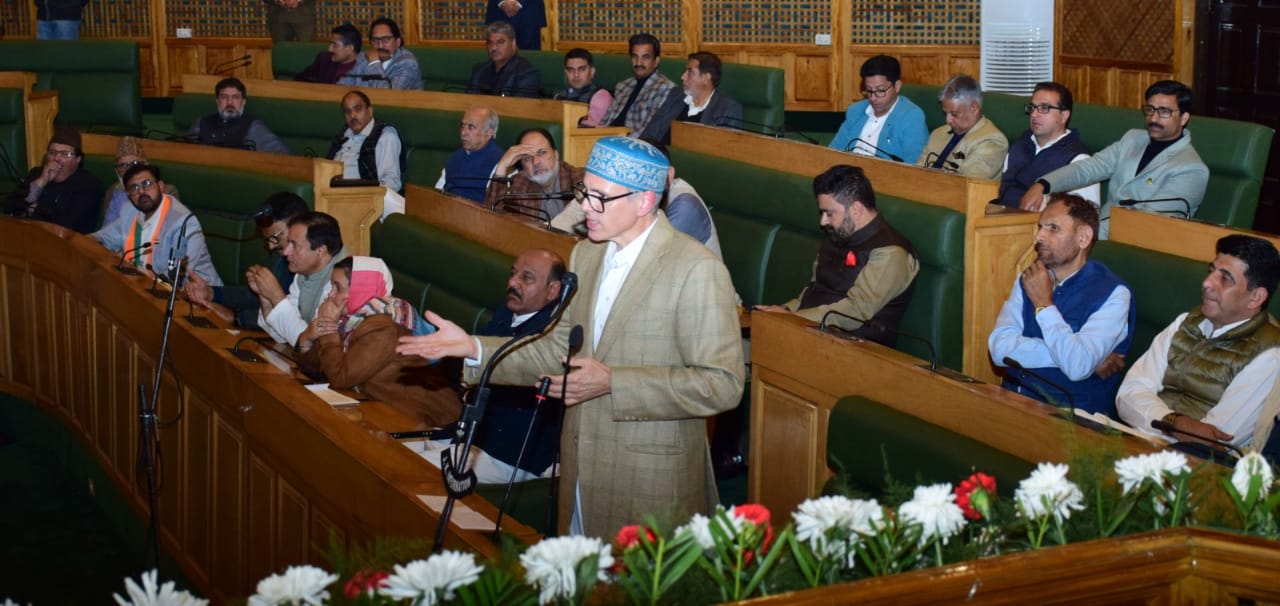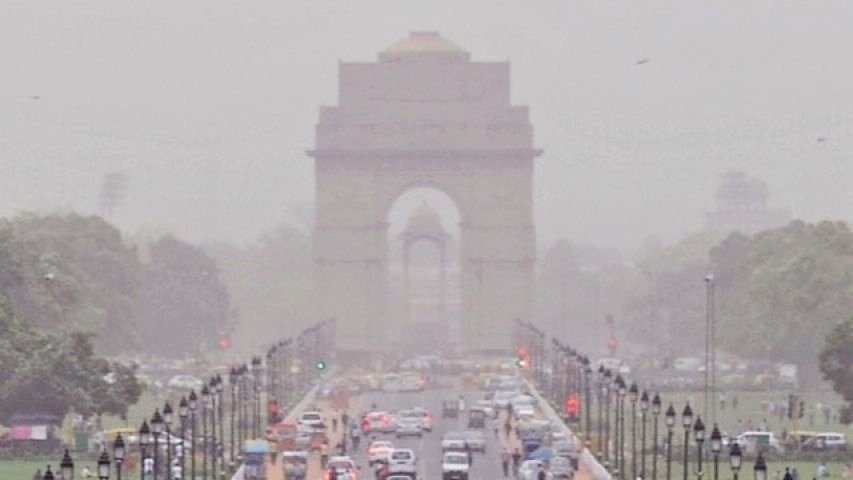While addressing the first session of the newly elected assembly of Jammu and Kashmir, LG Manoj Sinha assured the members that the new government under Chief Minister Omar Abdullah will leave no stone unturned to restore the full statehood and constitutional guarantee for the state. The assembly that convened after a long gap of five years is eager to see progress in this regard. The J&K cabinet has recently passed a unanimous resolution urging the central government to initiate the process of restoring the statehood in its original form.
About Article 370
- Article 370 was a special constitutional provision that granted special status to Jammu and Kashmir. The article empowered the state and its people with special rights and privileges.
- N Gopalaswami Ayyangar, who was a member of the Constituent Assembly, drafted the Act, which was added to the Constitution as a temporary provision.
- The article approved the state’s own constitution, flag, and autonomy. However, matters related to defence, foreign affairs, and communications were looked after by the Central Government.
- The article found its origin in the terms of the Instrument of Accession, which was signed by Hari Singh, erstwhile rulers of Jammu and Kashmir, in 1947. He was forced by the situation to sign as Pakistan invaded his state.
Abrogation of Article 370
- The Central Government made a major move in 2019. It passed the Jammu and Kashmir Reorganisation Act 2019. The act annulled the special status of the state granted under Article 370 and created two separate Union Territories- Jammu and Kashmir and Ladakh, snatching its statehood.
- The move was challenged in the Supreme Court of India. Delivering its judgement in December 2023, the SC validated the Centre’s move.
- However, the demand for restoring the special status continues today, with political parties and citizens from the state often raising their voices.
J&K Reorganisation Act, 2019
- The Act divided the state into two Union Territories and repealed the special status. Leh and Kargil districts were included in Ladakh, while the rest of the parts were brought under Jammu and Kashmir.
- Jammu and Kashmir was given five Lok Sabha seats, while Ladakh got one seat.
- The Indian Parliament was empowered to draft laws for Jammu and Kashmir and its Union Territory.
The rationale behind the abrogation of Article 370
- It was observed that the region was not as integrated with the rest of India as it should have been. This created challenges before developmental projects, such as infrastructure development and access to the state’s resources that can be harnessed for economic development.
- Jammu and Kashmir has special significance when it comes to national security and combating terrorism. The abrogation of Article 370 empowered the Central Government to take actions to firm security measures in the state.
- The article was creating issues in terms of ensuring legal uniformity across the country. The abrogation was aimed at eliminating this confusion and ensuring equal rights for all citizens.
- Moreover, it was aimed at encouraging investment in the state and stimulating economic activities to ensure better opportunities for people.

